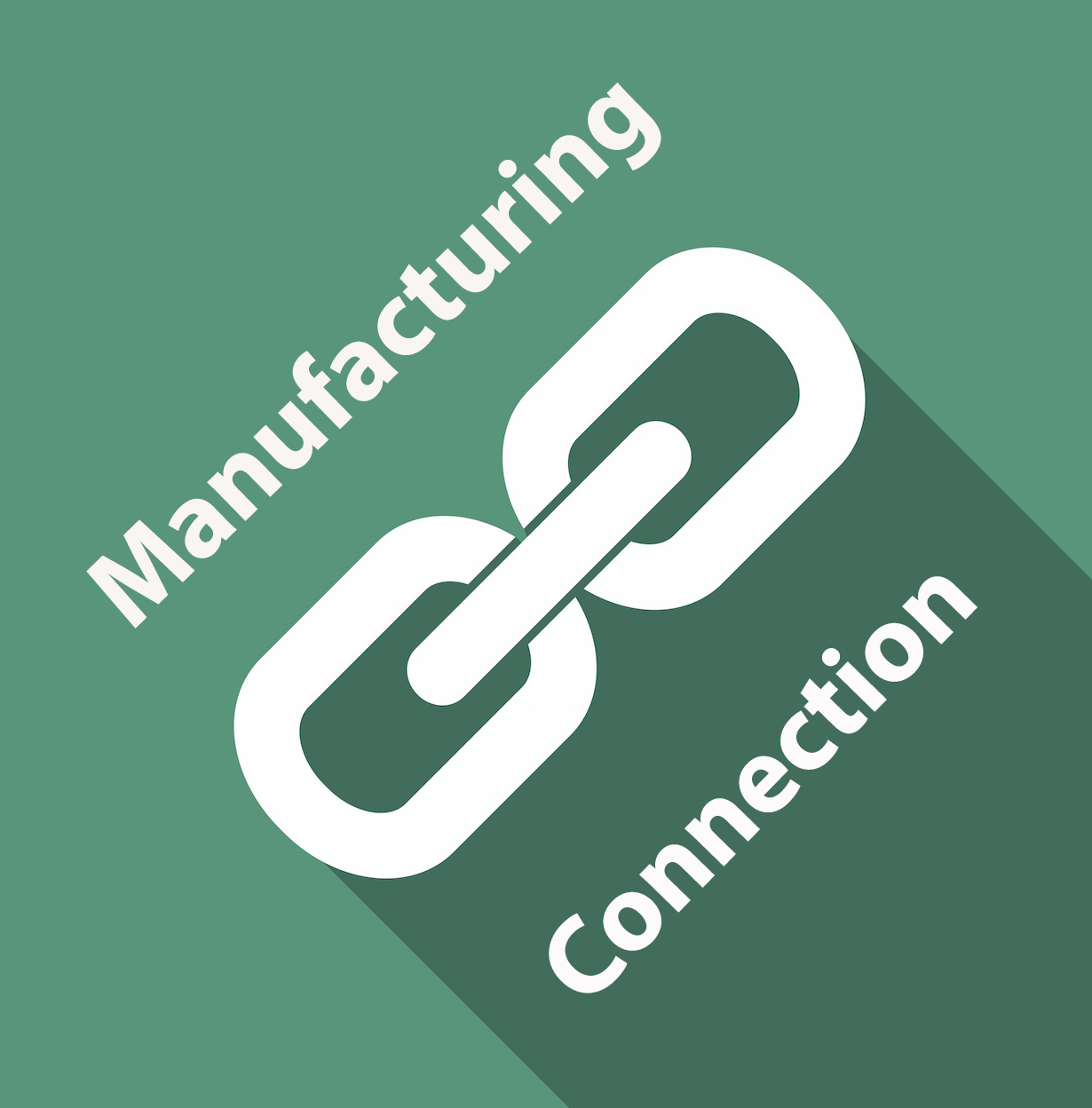
Manufacturing Cost Accounting Ideas
Early in my career management decided that I would be a good candidate to learn cost accounting. I never had that position, but I went deep into manufacturing cost.
That is why I like to keep up with the area. Several years ago John Jackiw at a MESA meeting recommended I contact the Resource Consumption Accounting Institute and Larry White, the executive director. Larry wrote columns for me during my time at Automation World. One of his columns was the most read on the Website for years.
Here is a column from the latest newsletter. If you’re interested in a deeper dive, RCAI’s monthly Webcast is next Friday, Dec. 12, at 12:00 EST for 30 minutes.
From Larry White:
As I attend professional accounting activities on local, national, and international levels, I get no arguments against my statements that traditional financial accounting, the supporting general ledger structure, and the internal and external financial reports that result do a poor job of providing cost information for internal decision support. So I’ve taken to asking the question: If you aren’t doing great costing, what information compensates for the shortfall?
The most frequent answer I get is “nothing”. If I can extend the inquiry, I ask a series of questions to see if I can figure out how the organization compensates. My usual inquiry path is:
- Does the company has a large gross margin and, therefore, is revenue information really sufficient for decision making? I seldom get a “yes” answer.
- Is the operations area of the organization aggressively focusing on process improvement and creating efficiencies? The typical answer is “to some extent”.
- Is there a strong organizational focus on the cash flow impacts of improvement and other decisions? Again, I get “to some extent”.
- Do you have a particularly strong budgeting and planning process, insightful budget performance reviews, and ongoing evaluation and analysis activities? The answer is usually “not particularly”.
The conclusion is that most organizations muddle through with the costing they have. They address decisions as special situations, requiring a special analysis, or use existing cost information and historical decision precedents. Most say they really don’t know how to put in place something better and don’t think executive management would support the effort.
If you are reading this, you know solid approaches exist for creating integrated internal and cost information. What’s your experience with how companies compensate for low quality cost information and what activities or other information are used to compensate?
Don’t hesitate to send me your comments or questions pertaining to any RCA related topic.




